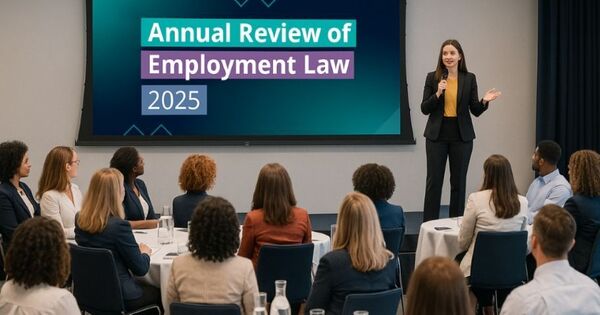Jason Elliott was called to the Bar of Northern Ireland in 2013 and is the Associate Head of School of Law at Ulster University. As a practising barrister, he has developed a largely civil practice representing individuals, companies and public bodies in litigation. This covers a wide range of areas including personal injuries, wills and employment law. In terms of employment law, he has represented both applicants and respondents in the Industrial Tribunal. At Ulster University, Jason lectures extensively on the civil areas of practise such as Equity and Trusts and delivers employment law lectures for both undergraduate and postgraduate students.
Appeal dismissed with ‘sole cause’ being retained despite difficulties with providing a rationale for that interpretation, but the precedent was to be followed from Scotland and the Court of Appeal in another similar case.
The claimant was a private hire driver employed by the respondent. The claimant was found to have been a part-time worker, and the issue was whether he was treated less favourably as there was a flat rate fee of £148 per week to access the respondent’s database and obtain bookings.
This has been somewhat of a legal saga. The EAT held that the claimant had been treated less favourably than a comparable full-time worker, but it had to be considered under the Part-Time Workers (Prevention of Less Favourable Treatment) Regulations 2000 which stated that the part-time status had to be the ‘effective cause’ of the less favourable treatment. To that end, the EAT held that it was not solely due to the part-time status and the claim was dismissed. This decision was based upon the Scottish decision of McMenemy v Capital Business Services [2007] which stated it had to be the sole cause and not merely the effective cause.
The claimant appealed to the Court of Appeal based upon the interpretation of the 2000 Regulations. The Court of Appeal noted that the word ‘solely’ was omitted form Regulation 5. The Employment Relations Act 1999 put the duty on the Secretary of State to make Regulations to secure that part-time employees are treated no less favourably than those in full-time employment. This, however, was not fixed and gave a range of options to the Secretary of State. On this point, when Parliament introduced the Regulations, they had the option to include the phrase ‘solely’. This was not done, and the court could not re-write the Regulations to include it. To this end, there was no good reason why solely should be used and adopting that from McMenemy would be to restrict the protection afforded to part-time employees. Despite citing that the decision was wrongly decided it was held that the court would follow the decision. The Tribunal operated across the jurisdictions, and it was important to apply the rules of precedent in a way which avoided inconsistent decisions. The issue of interpretation had been examined by the Court of Appeal in Jwanczuk (2023) which was referred to the Supreme Court. To that end, the decision could be made which would be binding across the whole jurisdiction but as it stands the interpretation of being the sole cause was to remain despite the issues with that interpretation. Accordingly, the appeal was dismissed.
This case demonstrates the importance of precedent within the common law system in which we operate. Despite the difficulties with the interpretation of the 2000 Regulations – the fact that it had been endorsed by the Court of Appeal and the Court of Session in Scotland had to be given weight rather than having a lack of consistency. It may be the case that it weakens from ‘solely’ to ‘effective cause’ but it would be a matter for the Supreme Court to determine in the case pending appeal (Jwanczuk).
You can read the case in full here:
https://www.casemine.com/judgement/uk/682cca2ccb7d8775a7b8537e
Jason previously reviewed the EAT judgment in this matter. It can be accessed HERE.
For a different take, you can read Louise McAloon of Worthingtons case review of the EAT decision HERE.
Continue reading
We help hundreds of people like you understand how the latest changes in employment law impact your business.
Please log in to view the full article.
What you'll get:
- Help understand the ramifications of each important case from NI, GB and Europe
- Ensure your organisation's policies and procedures are fully compliant with NI law
- 24/7 access to all the content in the Legal Island Vault for research case law and HR issues
- Receive free preliminary advice on workplace issues from the employment team
Already a subscriber? Log in now or start a free trial



